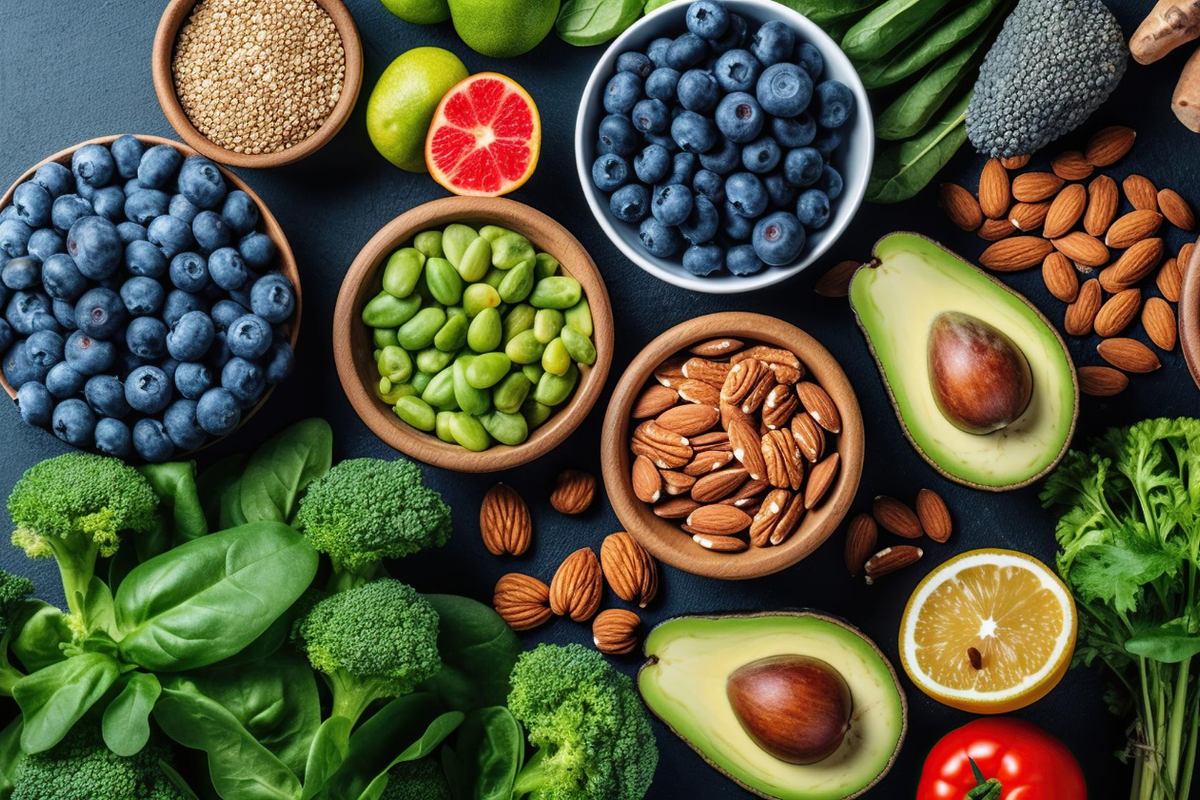Hot water isn’t just a soothing beverage for chilly days; it can offer various scientifically substantiated health advantages. Incorporating this simple practice into your daily routine could improve your overall well-being. Let’s explore the ten remarkable benefits benefits of drinking hot water:
Health Benefits Of Drinking Hot Water

1. Enhanced Digestion
Starting your day with a warm cup of water can kickstart your digestive system. It helps to stimulate the gastrointestinal tract, preparing it for the day’s intake. Additionally, warm water assists in breaking down food particles, aiding digestion and nutrient absorption.
2. Metabolism Boost
Hot water consumption can provide a gentle boost to your metabolic rate. This thermogenic effect aids in burning calories more effectively and contributes to weight management efforts.
3. Detoxification Support
Drinking hot water helps your body eliminate toxins and waste products. The warmth promotes sweating, a natural mechanism through which harmful substances are expelled from the body, resulting in a cleaner and healthier system.
4. Pain Alleviation
Hot water has been used for centuries to alleviate various types of pain, such as menstrual cramps and muscle soreness. The heat helps to relax muscles and soothe discomfort, offering natural relief.
5. Respiratory Relief
Inhaling steam from hot water can provide relief to your respiratory system. It can help to clear congestion, reduce inflammation, and ease symptoms of common colds, allergies, and even respiratory conditions like asthma.
6. Stress Reduction
Indulging in a cup of hot water can have a calming effect on your mind and body. The ritual of sipping warm water encourages relaxation and can lower stress levels, promoting a sense of tranquility.
7. Blood Circulation
Hot water consumption aids in dilating blood vessels and enhancing blood flow. This improved circulation ensures that oxygen and nutrients are effectively transported to cells and organs, promoting better overall health.
8. Digestive Regularity
A glass of warm water in the morning can help regulate bowel movements. It encourages the contraction of muscles in the intestines, preventing constipation and promoting regularity. You can add lemon squeeze during the drinking water.
9. Skin Health
Hot water consumption can contribute to a healthy complexion. Promoting blood circulation and assisting in removing toxins supports the natural glow of your skin and may help in managing certain skin conditions.
10. Joint Comfort
Hot water’s warmth can relieve joints affected by arthritis or general discomfort. It helps in reducing stiffness, increasing flexibility, and promoting joint mobility.
Drinking Hot Water Vs. Cold Water
Water temperature can influence its effects on our body and health. Here’s a comparison of the benefits of drinking hot and cold water:
| Aspect | Hot Water | Cold Water |
|---|---|---|
| Digestion | Aids digestion by relaxing the digestive tract and promoting nutrient breakdown. | Refreshing and hydrating, suitable for post-meal consumption. |
| Detoxification | Supports detoxification through induced sweating, cleansing pores, and removing toxins. | Instantly refreshing, helps cool down the body. |
| Relaxation | Has a calming effect on the nervous system, ideal for relaxation and stress relief. | Provides immediate relief, especially in hot weather. |
| Hydration | Provides relief and relaxation. | Supports hydration and rehydration after exercise. |
| Calorie Burning | None. | Expends energy to warm the cold water, leading to slight calorie burning. |
| Post-Exercise Recovery | None | Reduces post-exercise inflammation and muscle soreness. |
The choice between hot and cold water depends on your needs and preferences. Hot water is soothing, aids digestion, and promotes detoxification. Cold water is refreshing, hydrating, and can help with rehydration and cooling down. Incorporating both into your routine can provide a balance of benefits for overall health and well-being.
What Are The Concerns With Hot Water?
While hot water consumption offers several health benefits, it’s important to be aware of potential concerns associated with this practice. Here are some points to consider:
1. Risk of Burns
One of the most significant concerns with hot water is the risk of burns. Too hot water can cause scalding injuries, especially if consumed rapidly or accidentally spilled. It’s crucial to let hot water cool down to a safe temperature before consuming or handling.
2. Impact on Tooth Enamel
Frequent consumption of boiling water can impact tooth enamel over time. Extreme temperatures can weaken the enamel, leading to sensitivity and other dental issues. It’s advisable to wait until hot beverages cool slightly before drinking to protect your oral health.
3. Risk for Children and Older People
Children and older people are more susceptible to burns due to their sensitive skin. Extra caution should be taken when serving hot water to these age groups to prevent accidents.
4. Caution During Pregnancy
Pregnant women should be cautious about consuming boiling water. Elevated body temperatures, especially during the early pregnancy stages, could pose risks.
5. Impact on Sleep
Consuming boiling water close to bedtime might increase body temperature and disrupt sleep patterns. Opt for lukewarm water or herbal teas if you prefer a warm beverage before sleep.
Frequently Asked Questions About Drinking Hot Water
1. Is It Safe to Drink Hot Water?
Yes, drinking hot water is generally safe. However, ensuring the water is not too hot is essential, as it can cause burns. Let hot water cool down to a safe temperature before consuming.
2. Can Drinking Hot Water Help with Weight Loss?
While hot water doesn’t directly lead to weight loss, it can slightly boost metabolism. Combining with a healthy diet and exercise may contribute to weight management efforts.
3. How Does Hot Water Impact Hydration?
Hot water can contribute to hydration, similar to cold water. However, extreme heat can lead to excessive sweating and fluid loss, so it’s crucial to balance hot water consumption with regular cold water intake.
4. Can Hot Water Improve Skin Health?
Yes, hot water can contribute to healthier skin by promoting blood circulation and aiding in toxin removal. It’s essential to maintain a balanced approach to avoid over-drying the skin.
5. When Should I Avoid Drinking Hot Water?
Hot water might not suit individuals with certain medical conditions, such as cardiovascular issues. Pregnant women should also exercise caution. Additionally, boiling water close to bedtime could affect sleep patterns.
6. What is the ideal temperature for drinking hot water?
The ideal temperature for drinking hot water is generally considered to be around 120 to 140 degrees Fahrenheit (49 to 60 degrees Celsius). Hot water is warm enough to provide comfort and relaxation at this temperature range. It’s essential to find a comfortable temperature while avoiding extreme temperatures that could cause burns or discomfort.
7. How much hot water should be consumed daily to reap its benefits?
In terms of quantity, a general guideline is to drink at least eight 8-ounce glasses (about 2 liters) of water daily, whether warm or cold. This recommendation includes all fluids you consume throughout the day. You can adjust the temperature of the water based on your preferences








